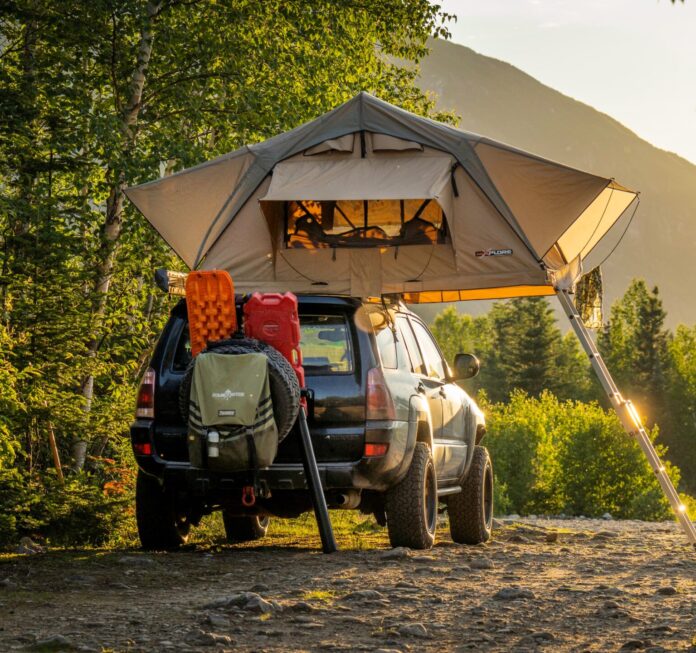Planning a car camping trip is an exciting way to immerse yourself in nature and embark on an unforgettable adventure. Whether you’re a seasoned camper or a first-timer, proper preparation is key to ensuring a smooth and enjoyable experience. In this post, we’ll share some must-know tips that will help you make the most of your car camping trip.
Research and Choose the Perfect Campsite
Before setting off on your car camping journey, take some time to research and choose the perfect campsite. Consider factors such as location, amenities, proximity to hiking trails or attractions, and availability of facilities like toilets and showers. Read reviews, check online resources, and consult fellow campers to find a campsite that suits your preferences and offers the kind of experience you’re looking for.
Plan and Pack Essentials
Create a detailed checklist of camping essentials to ensure you don’t forget any important items. This includes a tent, sleeping bags, camping stove, cooking utensils, food, water, camping chairs, lighting equipment, and other necessities. Don’t forget to pack appropriate clothing layers, insect repellent, sunscreen, and a first aid kit. A well-packed and organized car will make your camping experience more comfortable and hassle-free.
Test Your Gear
Before hitting the road, take some time to set up your tent, test your camping stove, and familiarize yourself with other gear. This will help you identify any issues or missing parts and allow you to make necessary adjustments or replacements. Additionally, practicing setting up your tent will save you time and frustration when you arrive at the campsite.
Pack a Camping Tool Kit
Having a camping tool kit can be a real lifesaver during your trip. Include items like a multi-tool, duct tape, rope, extra tent stakes, and a mallet. These tools can help you fix any unexpected gear mishaps or make on-the-spot repairs, ensuring that your camping adventure continues smoothly.
Leave No Trace
When camping in nature, it’s crucial to practice Leave No Trace principles. Respect the environment by disposing of waste properly, minimizing your impact on flora and fauna, and leaving the campsite as you found it. Be mindful of wildlife and follow guidelines for food storage to prevent unwanted encounters. By being responsible campers, we can help preserve the beauty of our natural surroundings for future generations.

